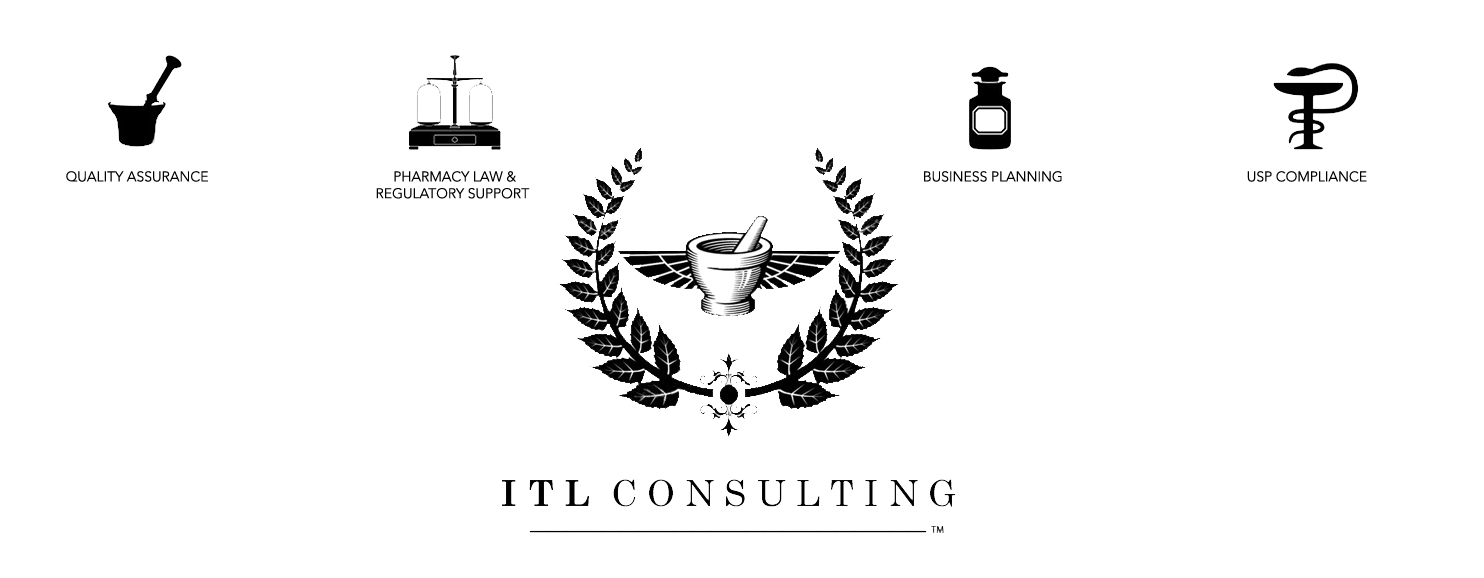Since the Drug Quality and Security Act was signed into law last November, the Food and Drug Administration has chosen to selectively implement the law, leaving the industry perplexed. With the dust still settling from the nationwide meningitis outbreak of 2012, U.S. Senator Lamar Alexander (R-Tenn.) requested that the Senate Appropriations Committee direct the FDA to meet with stakeholders in implementing the Drug Quality and Security Act. Thus far, the FDA has not met with patients, providers, or any other stakeholder affected by the DQSA. The intent behind the new law is to protect the public from potentially unsafe medications, with the consensus that affording the FDA with oversight of a new category of compounding pharmacies would help address major safety issues.
These outsourcing facilities, however, have been the great minority in the latest of those inspected by the FDA since the enactment of the law. For reasons currently unknown, the FDA has begun interfering with pharmacies not involved in compounding sterile medication. Pharmacies performing the compounding of non-sterile medication with state authorized provisions for office-use compounding have been the recent target of FDA's enforcement actions. In contrary action to the language of the industry guidance documents issued by the FDA, they have decided that they may apply federal standards the state-regulated practice of pharmacy, and use those standards in enforcement action. The following excerpt is taken from the Food Drug and Cosmetic Act Section 503A Industry Guidance, which reflects the FDA's thinking on DQSA implementation:
This lack of consistency has spurred groups like the International Academy of Compounding Pharmacists (IACP) to increase their voice on Capitol Hill and to issue a response to the FDA regarding these industry guidance documents.
Commissioner Hamburg has made little effort to communicate to stakeholders on this topic as FDA inspectors continue to flout the intention of Congress.
Pharmacies not registering as federally regulated outsourcing facilities for the purpose of compounding exclusively non-sterile medications may still face regulation by the FDA for the state-approved practice of office-use compounding. As of late, the blurring of these regulatory lines have left numerous pharmacies across the country reaching out for help and demanding answers. The pharmacy compounding community continues to intensify efforts to get answers from the administration, as any kind of legal precedent will not likely happen any time soon.

